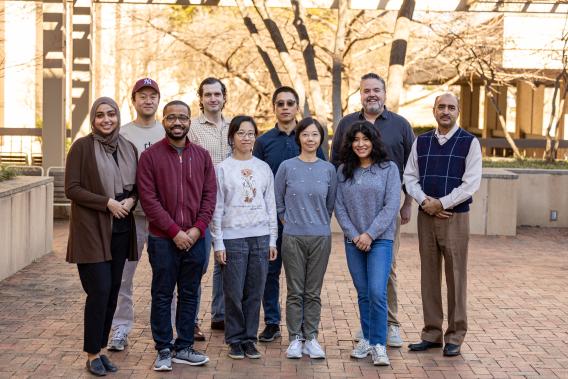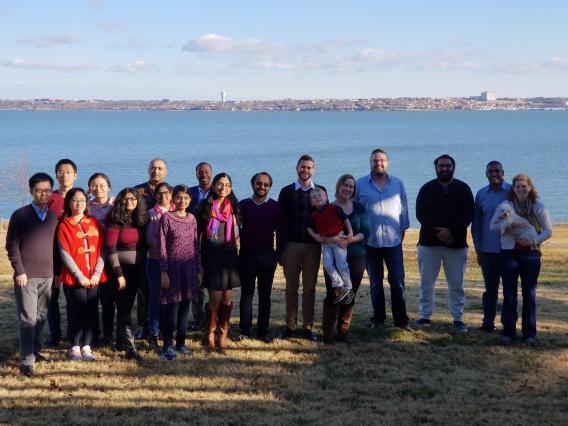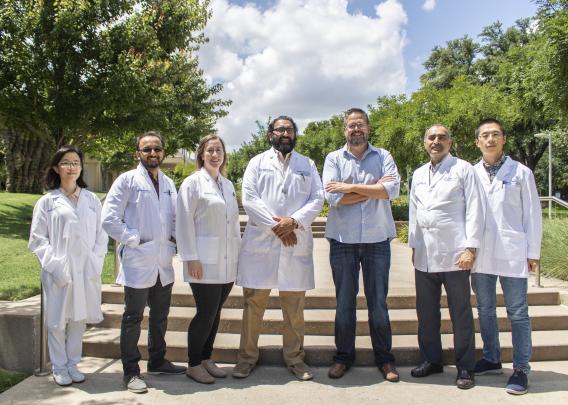Cancer cachexia is a devastating wasting syndrome consisting of significant fat and muscle loss affecting 50% of all cancers. It is responsible for 1/3 of all cancer-related deaths. Cancer patients with cachexia live half as long as patients with the same cancers without cachexia. These emaciated patients have a poor quality of life which precludes them from receiving standard-of-care treatments for their respective cancer. Currently, there are no effective treatments for this wasting syndrome. Therefore, clinicians often use non-approved medications for cancer cachexia with limited benefit.
The Infante Lab is determined to better understand how cancers can cause cachexia wasting to provide a rationale for more effective medications. Our studies have identified cancer-secreted molecules that promote wasting by increasing the breakdown of triglycerides in fat tissue and by altering food intake. These cancer-secreted factors imitate the wasting by acting directly on the fat and the part of the brain that controls appetite. This factor also reprograms the fat to secrete other factors that also affect the brain’s appetite center. We believe the combination of these events is responsible for the wasting seen in these cancer patients. Our lab is attempting to elucidate the biological pathways occurring in the fat tissue and the brain that drive cancer cachexia. Identifying common pathways used to activate these tissues by cancer will help us develop new therapeutics for this under-treated disease. Establishing an effective treatment for cancer cachexia will improve patients’ quality of life and overall survival.





